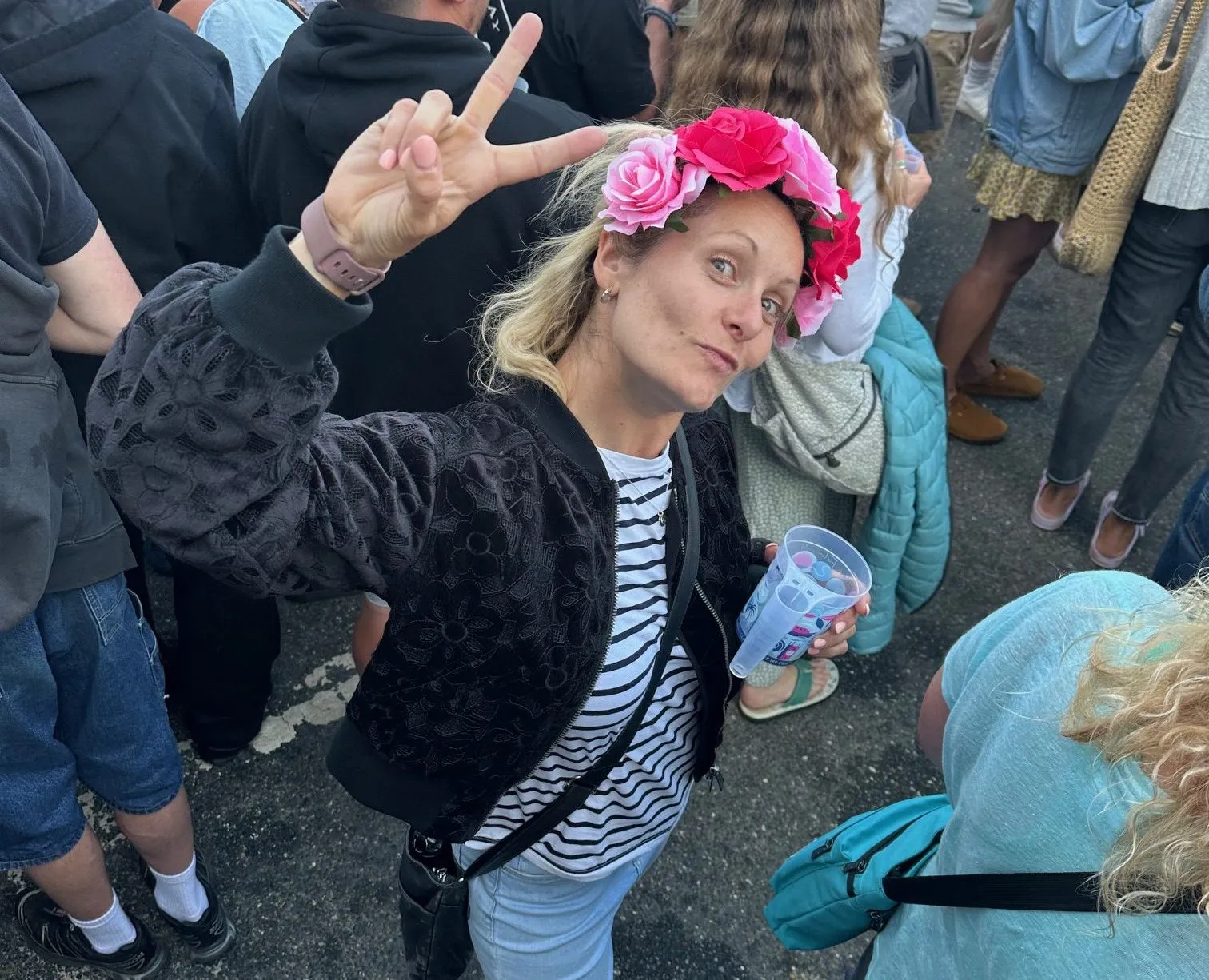Copyright metro

I have two sides to my personality, an outgoing half, and a quieter half (Picture: Ellen Manning) Putting the microphone to my mouth, I feel the usual rush I get whenever I’m asked to host an event – excitement, adrenaline, joy, and just a hint of trepidation. I have no real issue with the hundreds of pairs of eyes on me, or interacting with the audience. It’s a role I’m quite happy to adopt. And yet something doesn’t feel quite right. I have two very distinct halves to my personality: The stereotypical social butterfly who enjoys engaging with people, and the quieter individual who enjoys working independently and pursuing solo pastimes. But if I’m honest, only one of them feels like the real me. I may be able to act the part of an extrovert, but it actually doesn’t come that naturally to me. Deep down, I’m counting the moments until I can head home and sit in silence, relishing the solitude. Mingling with lots of different people in busy environments, flitting from conversation to conversation, I often find myself zoning out, overwhelmed by the sheer chaos of it all. I’m kind of there but not there, never fully engaged, an outsider looking in. Because of this, I’ve never felt extroverted or introverted ‘enough’ to fit solely into either camp – and while ambiverts are adept at switching between the two, that didn’t feel like me either. So I was thrilled to learn that there’s another personality type to consider – the otrovert. I have some wonderful close friends, and I like to spend time with them one-on-one (Picture: Ellen Manning) Coined by psychiatrist Dr Rami Kaminski in his book The Gift of Not Belonging, an otrovert is considered an observer, rather than a natural born joiner. They’re able to engage in social settings, but often feel alienated or disconnected in them, instead getting true fulfillment from one-on-one relationships and individual pursuits instead. That’s me to a tee. The more I read, the more I related to the strange dichotomy of being a social animal, yet somehow not feeling entirely comfortable with those social settings. Feeling ‘outside’ all sorts of things, from group settings to certain social norms. Not necessarily particularly upset by socialising, or drained like an introvert may feel, but not someone who always relishes in endless socialising. As a student I played team sports and loved the accompanying nights out. That love of a social occasion continued well into adulthood, with us often hosting gatherings at home, from dinners to huge parties in the garden. Yet in those social situations, I’d always find myself feeling a bit out of place. I’d enjoy them, sure, but never quite feel part of them. Rather than join a big gang chatting, I’d end up in a far smaller group or gravitating to one person so we could have a proper chat. I found myself nodding along to other parts of Dr Kaminski’s book too. He described key characteristics as including being self-sufficient and autonomous, preferring solo activities to those involving groups. Reflecting on this, I realised that whenever there’s an opportunity for solo pastimes, I take it. I choose running and strength training over classes or team sports I’m much happier competing in bodybuilding competitions, strutting around a stage in a sparkly bikini in front of hundreds of people, than battling it out on a court as part of a team. I also relish working alone. Understanding Otroverts This term was coined by American psychiatrist Rami Kaminski in 2025. Rami Kaminski mentions Frida Kahlo, Franz Kakfa and Albert Einstein among individuals who have this personality type. Otroverts are a term recently introduced to describe individuals who are not drawn to groups or collective identities. They are drawn to more one-on-one deep connections, rather than being a ‘social butterfly’. They are characterised by their originality and emotional independence. Otroverts often feel as if they do not fit in. It draws off the word ‘otro’, meaning other. Kaminski describes otroverts as never feeling as though they truly belong to any group, which sets them apart from introverts and extroverts. Nine years ago, I swapped an office job for freelance journalism. I definitely didn’t miss water cooler moments or team meetings. According to Kaminski, otroverts are also unfazed by social trends and don’t feel a need to conform to group norms. I related to this too, thinking it perhaps explained why I’m pretty much the only one of my friends to have actively decided not to have children, or to have ditched a big formal wedding in favour of a smaller, more casual affair. Not feeling the desperate need to conform to what everyone else is doing has given me the freedom to do things my own way. Apparently having this personality type can lead you to become a freethinker – someone who’s independent, imaginative and flourishes creatively. Not to blow my own trumpet, but it fits. Comment nowDo you relate to the concept of being an otrovert? Share your thoughts in the comments!Comment Now As a child I was musical and enjoyed art, and even as an adult I love to get creative, from writing to playing around with images and video content for both work and my own personal projects. Since finding out about otroverts, I’ve told a few people that I think I am one. Being able to explain what an otrovert is – and why I think I am one – has helped me to explain that my occasional distance, or reluctance to engage in big group activities, isn’t about them. That it’s not a cause for concern, it’s simply who I am. Many haven’t really understood what I’m talking about, and have questioned why it should even matter. Others have expressed surprise, since superficially, I very much come across as an extrovert. I appear as an extrovert, but finding out that I’m an Otrovert has been really affirming (Picture: Ellen Manning) But some of my closer friends get it. They see me relishing my own space and time, luxuriating in quiet nights alone while my husband works away, and it clicks. The irony of discovering that I fit into a personality type that is defined by its difficulty in fitting in is not lost on me. But that doesn’t matter to me, because after a lifetime of feeling like I’m neither one thing or the other, I finally know my place. I’m able to embrace the knowledge that there’s two sides to my personality, that I experience both those sides in my own way, and that there’s nothing wrong with that. That knowledge brings me a sense of peace and calm – and that’s the most important thing of all. Do you have a story you’d like to share? Get in touch by emailing Ross.Mccafferty@metro.co.uk. Share your views in the comments below.



